Sometimes I Trip On How Happy We Could Be
In Sometimes I Trip On How Happy We Could Be, Nichole Perkins crafts a perceptive and vivid exploration of personal identity amidst the swirling currents of pop culture. This memoir, more than just an introspective journey through Perkins’ life, serves as a resonant critique of the multifaceted influences that pop culture exerts on individual perspectives, particularly through the lens of a southern Black woman.
Nichole Perkins uses personal narratives and cultural analysis to dissect the last two decades of music, media, and the internet, revealing how these elements have shaped not only her own worldviews but also commonly propagated societal norms. The book’s strength lies in Perkins’ ability to mingle wit with earnestness, transforming what could easily be a dense cultural critique into an engaging, humorous, and highly readable story.
Taking a deep dive into her own experiences, Perkins does not shy away from discussing her struggles with mental illness, dissected with an unexpected yet enlightening reference to the TV series Frasier. This personal anecdote underscores a broader theme of the memoir: the therapeutic potentials and pitfalls of media consumption.
Furthermore, Perkins’ narrative about her time navigating relationships—especially her candid recount of her role as a mistress—opens up a broader discussion on the evolution of internet culture and its impact on social interactions and self-image. Through her reflections, she provides sharp commentary on the harsh realities facing women, particularly Black women, confronting societal constructs around marriage, beauty, and desirability.
What perhaps stands out most is Perkins’ discussion around iconic figures like Prince and how they help shape and challenge perceptions of sexuality and gender expectations. Through her exploration, she invites readers to reconsider popular culture not just as entertainment but as a complex battleground of representation and identity politics.
Sometimes I Trip On How Happy We Could Be is not merely an autobiography or a pop culture critique; it is a bold invitation to break away from socially constructed limitations and to seek empowerment in individuality and authenticity. By the end, Nichole Perkins not only offers an incisive look at the effects of media narratives on personal and collective consciousness but also a hopeful vision on how to reclaim and redefine one’s narrative amidst them.
For enthusiasts of cultural studies, memoirs, and those interested in a deep, personal yet universally relevant narrative, Perkins’ book is a must-read. It serves as a poignant reminder of the power of storytelling and the importance of self-reflection and critical engagement with the media we consume. These elements make Sometimes I Trip On How Happy We Could Be both a substantial and transformative work that resonates with a wide array of readers hoping to understand and navigate the complex interplay of culture and identity in the digital age.

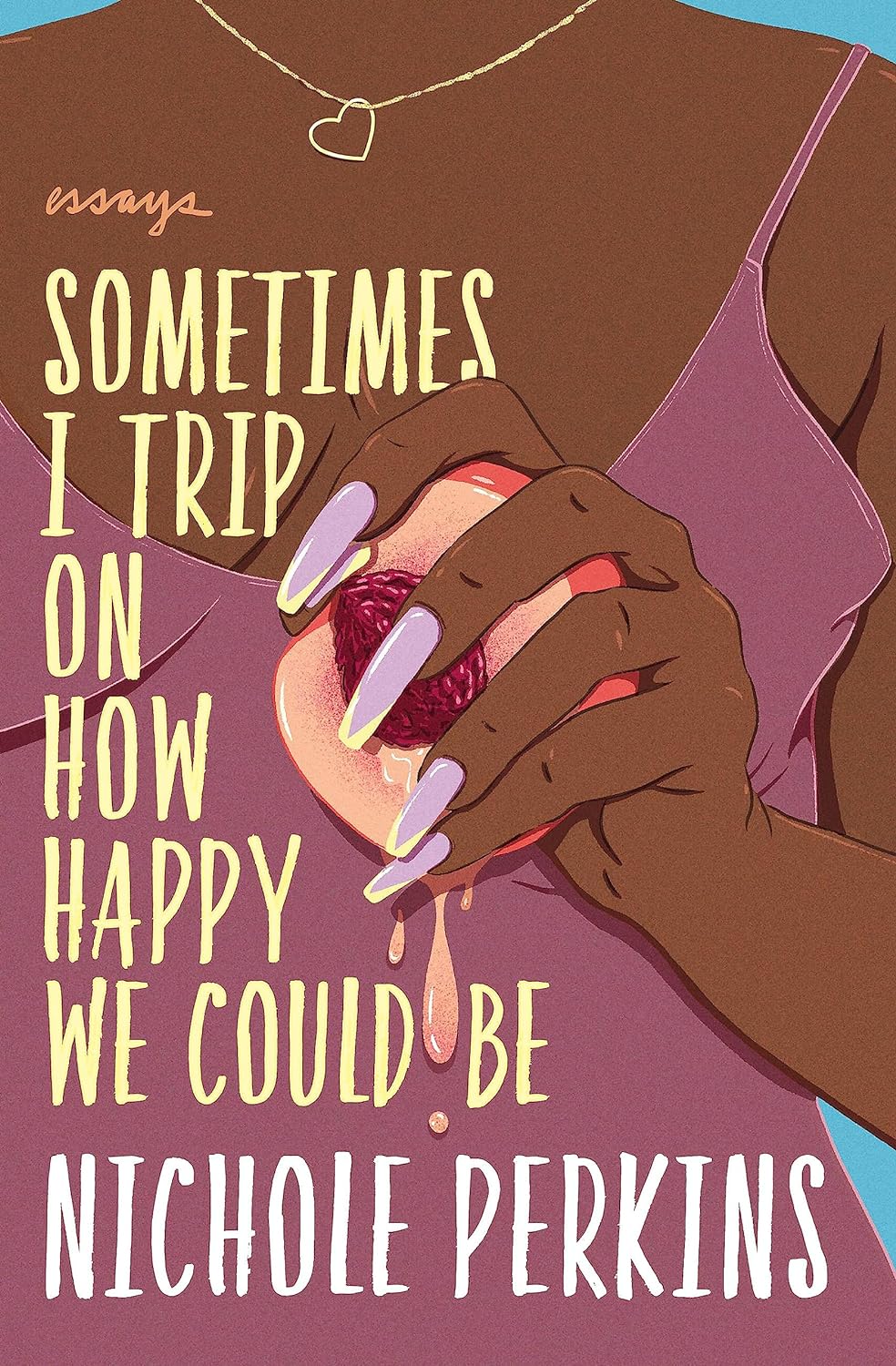
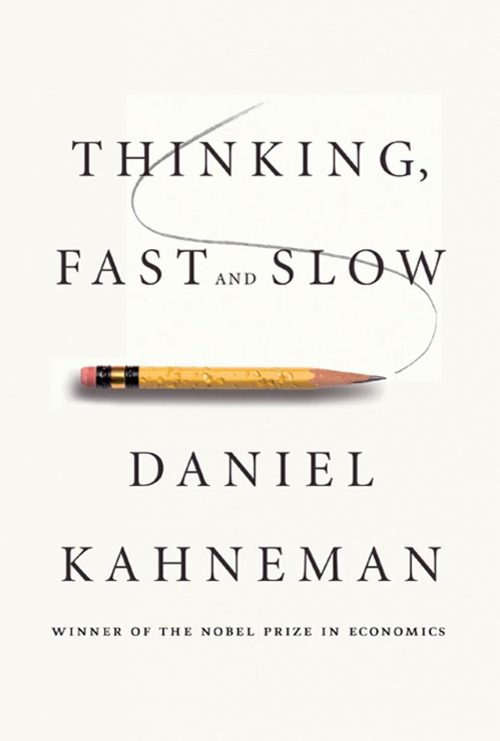

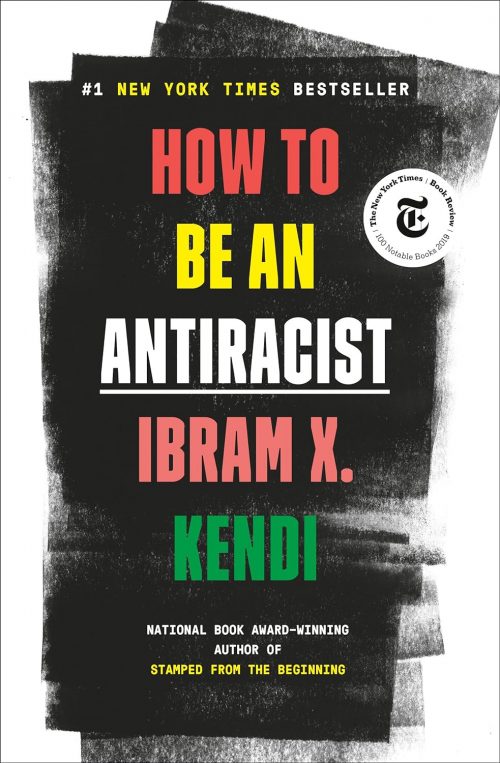
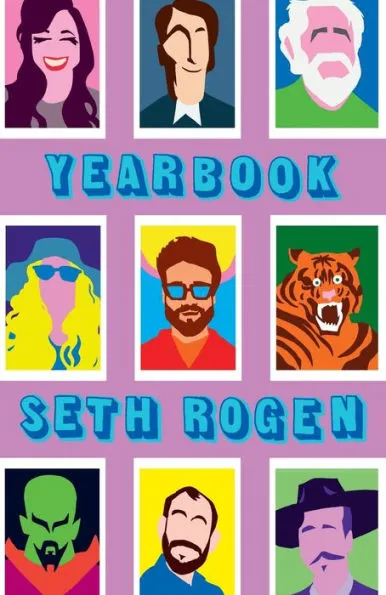
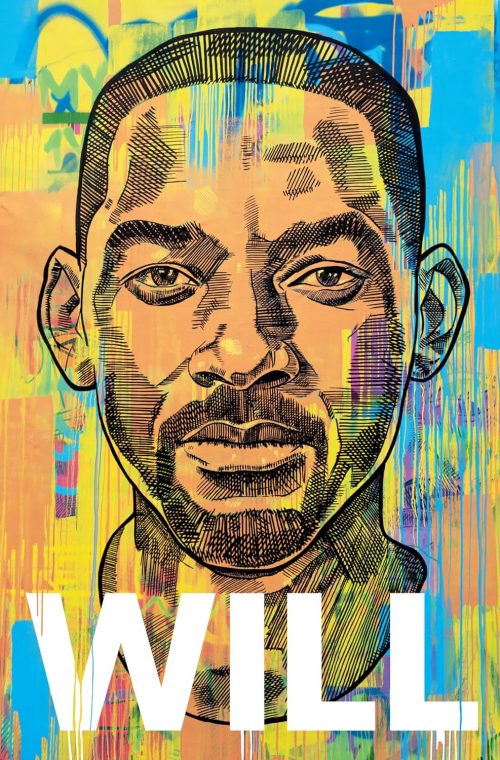
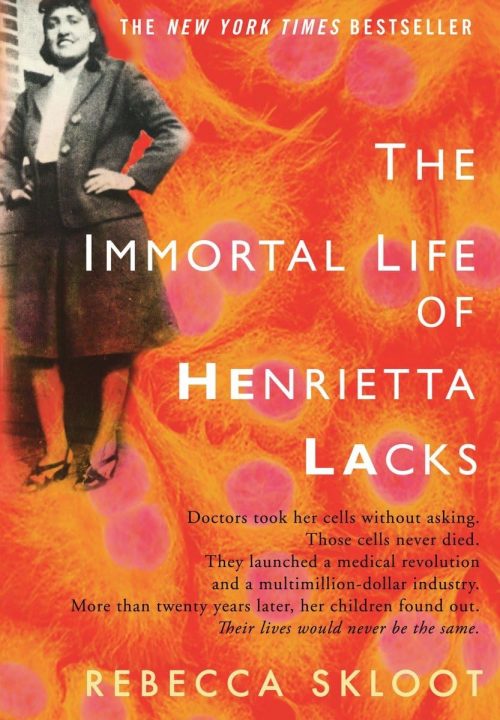

Reviews
There are no reviews yet.